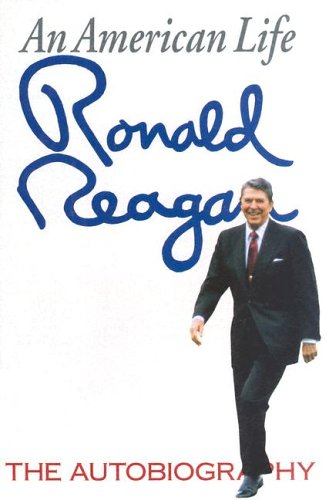Later this month, I return to campus as an adjunct professor to teach two upper-level history courses. I like my limited schedule that allows me to choose which courses to offer each semester. One that I’ve chosen for this fall is “Ronald Reagan and Modern American Conservatism.” It’s a course I’ve taught regularly in the past fifteen years, but never has the need for it been so urgent.
Why?
As I survey the current political landscape, I see a crisis in understanding when it comes to conservatism. I want students who quite often live in the moment—or at best the last decade—to have a solid background in the spiritual and intellectual cornerstones that I believe modern conservatism has rested upon. I emphasize “has” because I’m not sure that’s the case anymore.
My conservative political views stem from my Christian faith. I know there are those who believe otherwise who are Christians, but I have well-grounded reasons for saying that the concepts in American government and culture overall—historically, that is—are compatible with the basic tenets of my faith. Further, I’ve tried to be careful to keep the priorities straight: the faith comes first and foremost, and if anything is contrary to that faith, I reject it. Sadly, I’m seeing far too much of the reverse in our day: politics drives the lives of so many now, and their professed Christianity just tags along in the background.
In my quest not to be misunderstood, I am quick to note that there have been many varieties of American conservatism since WWII. That’s why I use George Nash’s seminal examination of modern American conservatism. Of all the books in print that attempt to explain conservatism, this one is the most comprehensive and nuanced. Additionally, I like the emphasis on the intellectual aspect of conservatism that it offers. Much of what passes for conservatism lately seems to be little more than emotional reactions to the changing culture.
That distinction between the intellectual (combined with the spiritual) and the mainly emotional has been with us, meaning the human race as a whole, throughout history. It was also with us in America’s Founding Era. While some Founders met together and debated what to do about governance, there were always others who resorted to tarring and feathering. I’m grateful that the former won the day.
In the 1950s, the two sides were represented by Whittaker Chambers and Joe McCarthy. Chambers was principled as he warned of the communist threat (based on his background as a communist) while McCarthy appealed primarily to emotion and political gain in his crusade against communism, and he nearly derailed principled conservatism in the process.
This course focuses on Ronald Reagan as the epitome of modern American conservatism because he was able to draw together into a coalition the various strands of the movement during his time. His was a principled conservatism that might not go over too well with some who call themselves conservatives now. He didn’t insult those who disagreed with him; he had a happy spirit that looked forward to a better future for the nation; he welcomed immigrants; and he stood firm against the Soviet Union and international communism while simultaneously reaching out a hand to try to overcome barriers. His policies brought the American economy back to life and his faith was not merely a political game.
So the other book I give to students is Reagan’s autobiography. I want them to see for themselves what he believed and why. I can’t take for granted that they understand him or his tenure as president. I was an adult in the 1980s; none of my students were even born yet. In fact, very few that I have in the classroom now were born before the turn of the century. Therefore, I have to teach as if they are blank slates. Some aren’t, but that’s the approach I need to take to ensure that the gaps in their knowledge are filled.
I believe that American conservatism is at a crisis point. I see a difference between conservative and right-wing as it exists in our politics in 2021. My goal is to help students grasp that difference and take a stand for principles. I’m grateful for the continuing opportunity given to me to educate history majors in these principles.



